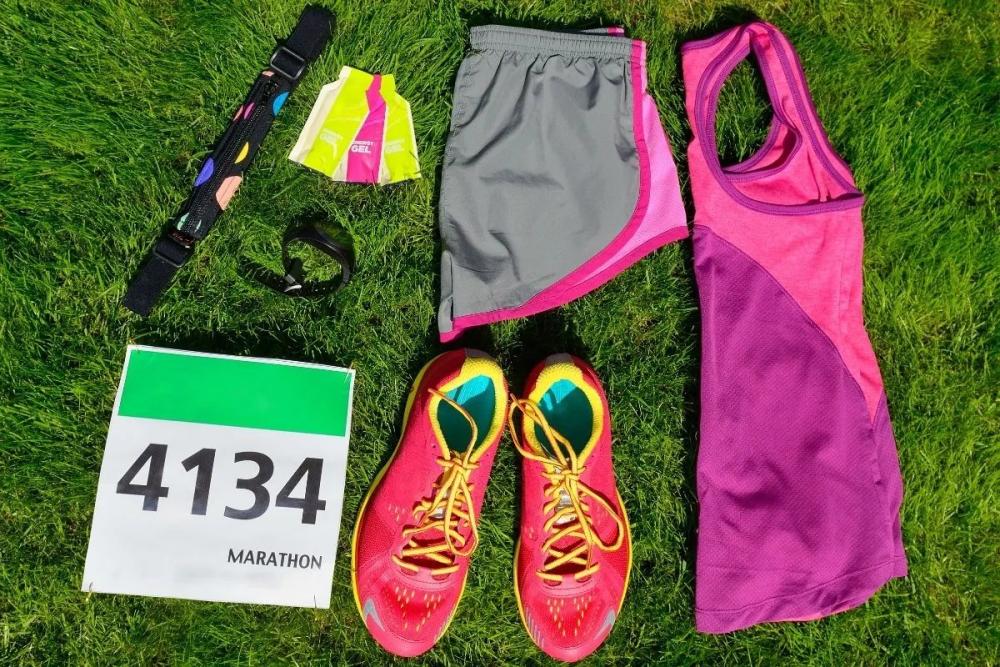


Things to Remember Before you Run a Marathon
Preparing for a marathon requires more than just running; it involves strategic planning, proper nutrition, and mental preparation. Whether you’re a beginner or an experienced runner, following a structured plan will ensure you perform at your best on race day. Here’s a comprehensive guide on the key things to do before a marathon.
1.Train Properly:
Training properly is essential for marathon success. Follow a structured 12-20 week plan to build endurance and strength. Gradually increase mileage and include long runs to prepare for race day. Speed workouts improve pacing, while hill training builds leg strength. Rest and recovery are just as important as running to prevent injuries. Listen to your body and avoid overtraining. Cross-training can help improve overall fitness and reduce strain. Stay consistent with your workouts to see steady progress. Hydrate well and fuel your body with proper nutrition. With the right training approach, you'll be ready to conquer the marathon.

2. Choose the Right Gear:
Choosing the right gear is essential for a comfortable and successful marathon. Wear well-fitted running shoes to prevent injuries and improve performance (Check out these tips for buying the best running shoes).
Invest in moisture-wicking clothing and quality socks to stay dry and avoid chafing (Fitter India).
A good running watch helps track your pace, distance, and heart rate, keeping you on target during training and the race (Here are some tips for buying a running watch).
Test all gear during training runs to ensure comfort. Avoid wearing new shoes or clothes on race day. Dress appropriately for the weather conditions. Use anti-chafing products for added comfort. Keep extra socks and gear handy for emergencies. The right equipment will enhance your running experience and help you perform your best.

3. Focus on Nutrition:
Nutrition plays a key role in marathon performance. Eat a balanced diet with carbohydrates for energy, protein for muscle repair, and healthy fats for endurance. Stay hydrated throughout training and monitor electrolyte intake to prevent cramps. Practice race-day nutrition by testing energy gels and hydration timing during long runs. Avoid trying new foods close to race day to prevent stomach issues. Carb-load in the days leading up to the marathon for extra energy. Drink water consistently but don’t overhydrate. Plan your pre-race meal with familiar, easily digestible foods. Refuel properly after runs to aid recovery. Good nutrition will keep you strong and energized for race day.

4. Taper Before the Race:
Tapering before the marathon helps your body recover while maintaining fitness. Reduce mileage 2-3 weeks before race day to avoid fatigue. Prioritize sleep to ensure proper muscle recovery and energy levels. Stick to your usual diet and avoid trying new foods. Hydrate well and maintain balanced nutrition. Avoid intense workouts or new exercises that could cause injury. Focus on light runs to stay active without overexertion. Use the extra time for stretching and relaxation. Stay mentally prepared by visualizing race success. Trust your training, rest well, and arrive at the start line feeling fresh and ready.
5. Plan for Race Day:
Planning for race day is crucial for a smooth experience. Pick up your race bib early to avoid last-minute stress. Check the weather forecast and dress appropriately for comfort. Lay out your gear the night before to stay organized. Set a realistic pace to avoid starting too fast. Know the racecourse and hydration stations in advance. Eat a familiar, balanced meal before the race. Arrive at the starting line with enough time to warm up. Stay calm and focused, trusting your training. Most importantly, enjoy the race and celebrate your achievement!

6. Mental Preparation:
Mental preparation is just as important as physical training for a marathon. Visualize yourself running strong and crossing the finish line. Anticipate challenges like fatigue and tough weather conditions, and plan how to overcome them. Practice positive self-talk to stay motivated and focused. Remind yourself of your training and strengths. Stay relaxed and avoid stress before the race. Use breathing techniques to stay calm. Break the race into smaller milestones to make it feel manageable. Trust your preparation and enjoy the experience. A strong mindset will help you push through and finish with confidence.



